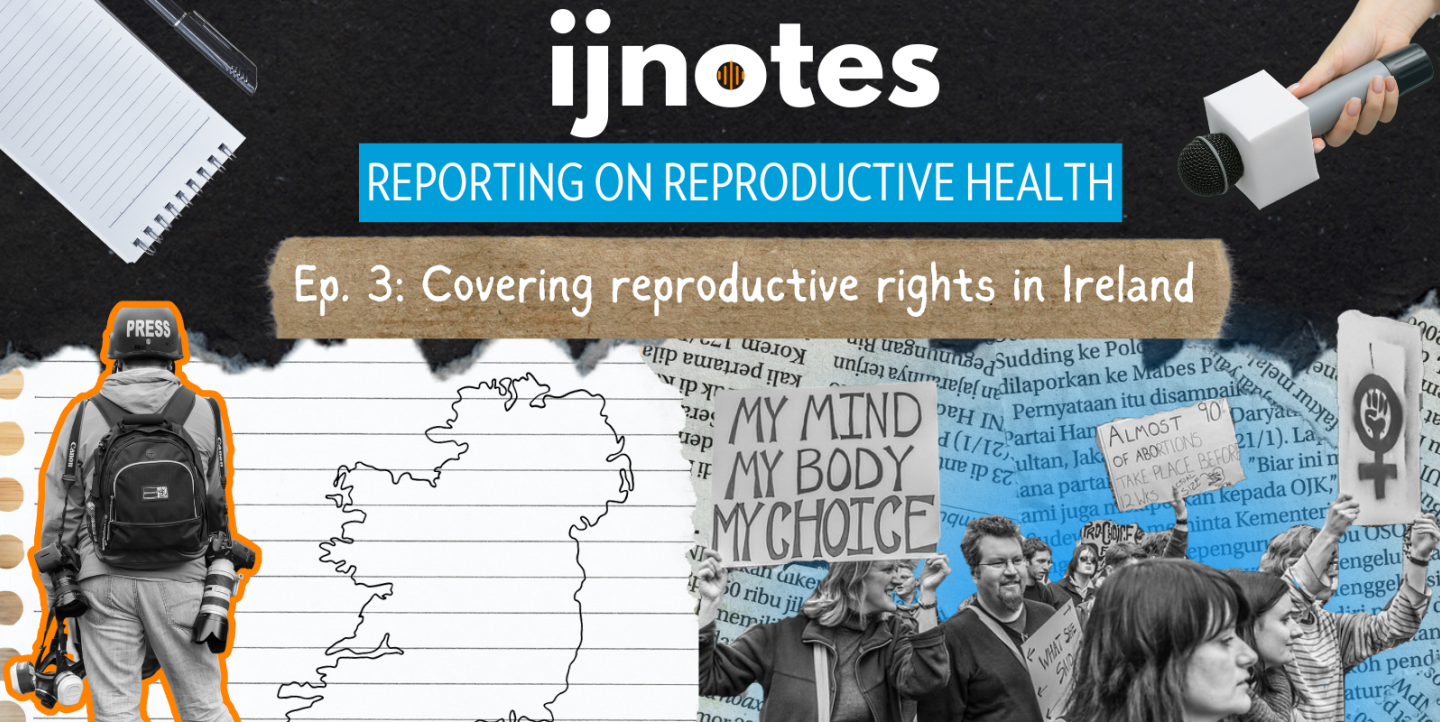Reproductive rights are a global issue. Even as abortion access is being restricted in some countries, such as the U.S. and Poland, other countries – including Mexico, which recently decriminalized abortion nationwide, and Colombia, which last year legalized abortion in the first 24 weeks of pregnancy – are repealing old anti-abortion laws and expanding access for reproductive health.
Ireland is one notable example. In 2018, the country voted overwhelmingly to repeal the Eighth Amendment, which outlawed abortion except in cases of “real and substantial risk” to the life of the mother. The repeal of the strict abortion ban, which had been part of the Irish constitution since 1983, came after decades of political and activist pressure, as well as the work of journalists who shed light on the consequences of the ban. Among them was Kitty Holland, whose reporting for the Irish Times about Savita Halappanavar – who died after being refused an abortion in 2012 – galvanized popular sentiment in favor of abortion access.
Ireland also shows how far countries that have expanded reproductive health access still have to go. The country still bans abortions after 12 weeks, for example, and many counties suffer from a lack of general practitioners who are able and willing to provide abortion services. Reporting on these issues remains relevant, in Ireland and other countries that have made progress with reproductive access.
For our latest podcast on reporting on reproductive health, Sofia Heartney with the ICFJ communications team spoke with Dr. Camilla Fitzsimons, a professor in the department of adult and community education at Maynooth University and the author of “Repealed: Ireland’s Unfinished Fight for Reproductive Rights.” In this episode Fitzsimons discusses the role of journalists in the movement for reproductive rights, how reporters can continue to cover the issue even after abortion access moves off the front page, and intersectional approaches journalists should consider on the relationship between reproductive access, race and immigration.
You can listen to the episode below:


